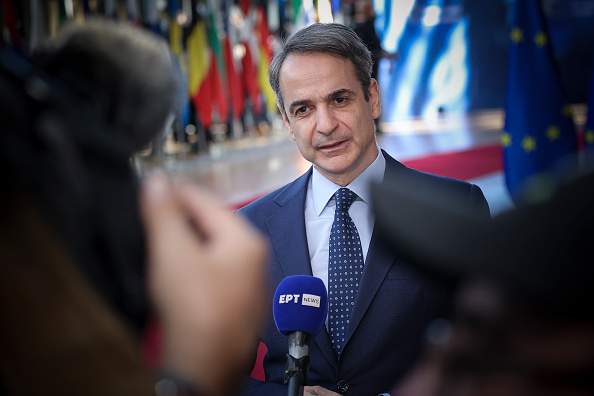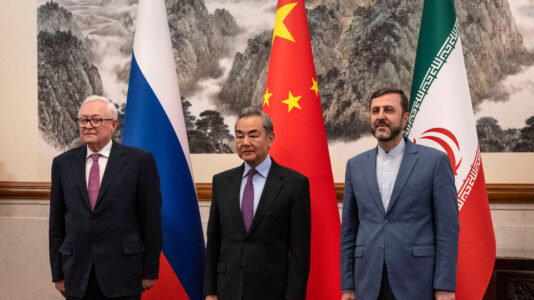Greek Prime Minister Kyriakos Mitsotakis unveiled on Wednesday an ambitious €25 billion defense modernization plan aimed at reshaping the nation’s military capabilities over the next 12 years.
In what he described as “the most important overhaul of the armed forces in the modern history” of the country,
Addressing lawmakers in Athens, Mitsotakis emphasized the urgency of the transformation in light of rapidly evolving global threats and shifting geopolitical dynamics, and described the move as the “most important overhaul of the armed forces in modern history.”
“In a world that is changing at unpredictable paces and in an uncertain international environment, Greece must remain strong,” he said.
The initiative is set to unfold in three phases, including the acquisition of advanced weaponry, an emphasis on cyber defense and technological integration, and a renewed focus on domestic industrial participation.
Key acquisitions are set to include 24 Rafale fighter jets, three state-of-the-art Belharra frigates, new-generation drones and torpedoes, and advanced radar and missile protection systems.
These upgrades are part of a broader strategy to transition Greece’s military into a modern, tech-driven force, Mitsotakis said, reiterating that this evolution is not just about hardware but also about infrastructure and recruitment.
“For the first time in 14 years, the Armed Forces have seen pay increases,” he said. “We want to attract young talent into the military and have structured new incentives to do just that.”
The Greek prime minister placed special emphasis on the role of domestic defense industries, insisting that no procurement will go forward without the inclusion of Greek companies or Greek workers. “We’re talking about a completely different philosophy,” he said. “Greek industries — HAI, Shipyards, Defense Systems — have the potential to lead this transformation.”
The government is also understood to be seeking to leverage international partnerships, including with Israel for training and equipment, and to potentially accelerate procurement processes through strategic alliances.
He reaffirmed that Greece will continue to meet its NATO commitment of spending over 2 percent of GDP on defense, a benchmark the country has — unlike several of its European allies — consistently surpassed even during its economic downturns.
“This is not just an investment in weapons. It is an investment in the future of our sovereignty, our deterrence capability, and our role as a pillar of stability in the region,” Mitsotakis concluded.






